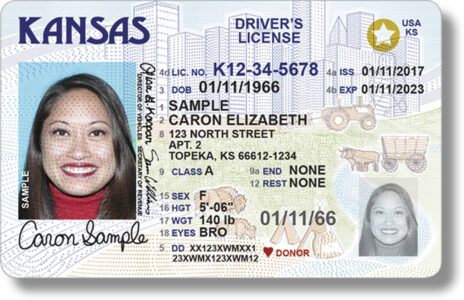Ban on Quaker parrots in state looks likely to end
It looks like it will soon be OK to own and sell the small, chatty bird known as the Quaker parrot in New Hampshire, ending a long debate over a complicated legal status in which it was named on the state’s officials list of prohibited species even while it was being sold openly in pet stores.
Thursday, after hearing impassioned pleas from fans of the parrot, and despite continued concern from New Hampshire Fish and Game about the dangers of encouraging more exotic species, a state Senate committee on Thursday gave thumbs-up to a bill (HB 651) that says simply the birds, also known as monk parakeets, “may be possessed and sold within the state.”
Sandra Falicon, legislative and rules coordinator for Fish and Game, said that when the bill comes before the full Senate it may be tweaked to “reaffirm that no person should release” the birds into the wild, but that the 23-year-old ban on them would be overturned. The bill already has been passed by the House.
The issue came up in January after Fish and Game officials told Nashua breeder Suzanne Burke to get rid of her 18 birds, after she asked state officials about their legal status.
It has been illegal to own Quaker parrots in New Hampshire since 1988, when Fish and Game put them on what is known as the prohibited-species list, alongside such invasive species as snakehead fish and zebra mussels. They are the only bird on the list of “species or groups of wildlife shall be designated as prohibited,” which means they can’t be brought into the state, sold or owned.
The rule dates to a time when the federal government considered a ban on Quaker parrots out of fear that the birds, also known as monk parakeets, would become established in this country when escaping from homes and pet stores. The U.S. never banned them, but many states did.
The little birds are native to temperate regions of South America, where they can be a serious agricultural pest. In the past decade, they have become established in the U.S. as far north as Chicago and the coastal portions of Connecticut, although no major agricultural problems have been reported in this country.
The New Hampshire confusion came about because during the entire period that the birds have been banned here, the state was also approving licenses for pet stores that sold Quaker parrots.
And many were sold, for around $250 each. Lively and inquisitive yet much smaller and easier to keep than full-sized parrots, the birds are popular. Perhaps about 1,000 exist in the state.
Officials said this strange status – banned, yet openly sold – resulted from lack of communication between the Department of Agriculture, which licenses pet stores, and the Fish and Game Department, which maintains a list of prohibited species.
Quaker parrots are a serious agricultural pest in parts of South America, but in the U.S. they have tended to congregate in cities or suburban areas.
They have a habit of building their large, communal nests, which can hold 20 families and be 10 feet wide, on utility poles, where they’ve been known to harm transformers or cause fires from crossed power lines.
In Connecticut, their slow spread along the coast has officials concerned, but Massachusetts drop its ban on Quaker parrots a decade ago.
That move came because the parrots’ northward march had stalled; as of this year, three pairs are known to living in the wild eastern Massachusetts, but none have laid eggs.
Another drawback with wild parrots is they can be noisy and messy.
“People tend to like them a lot better if they’re nesting in somebody else’s yard,” Jenny Dickson, wildlife biologist in Connecticut, said in a February Telegraph story.
David Brooks can be reached at 594-5831 or dbrooks@nashuatelegraph.com.



